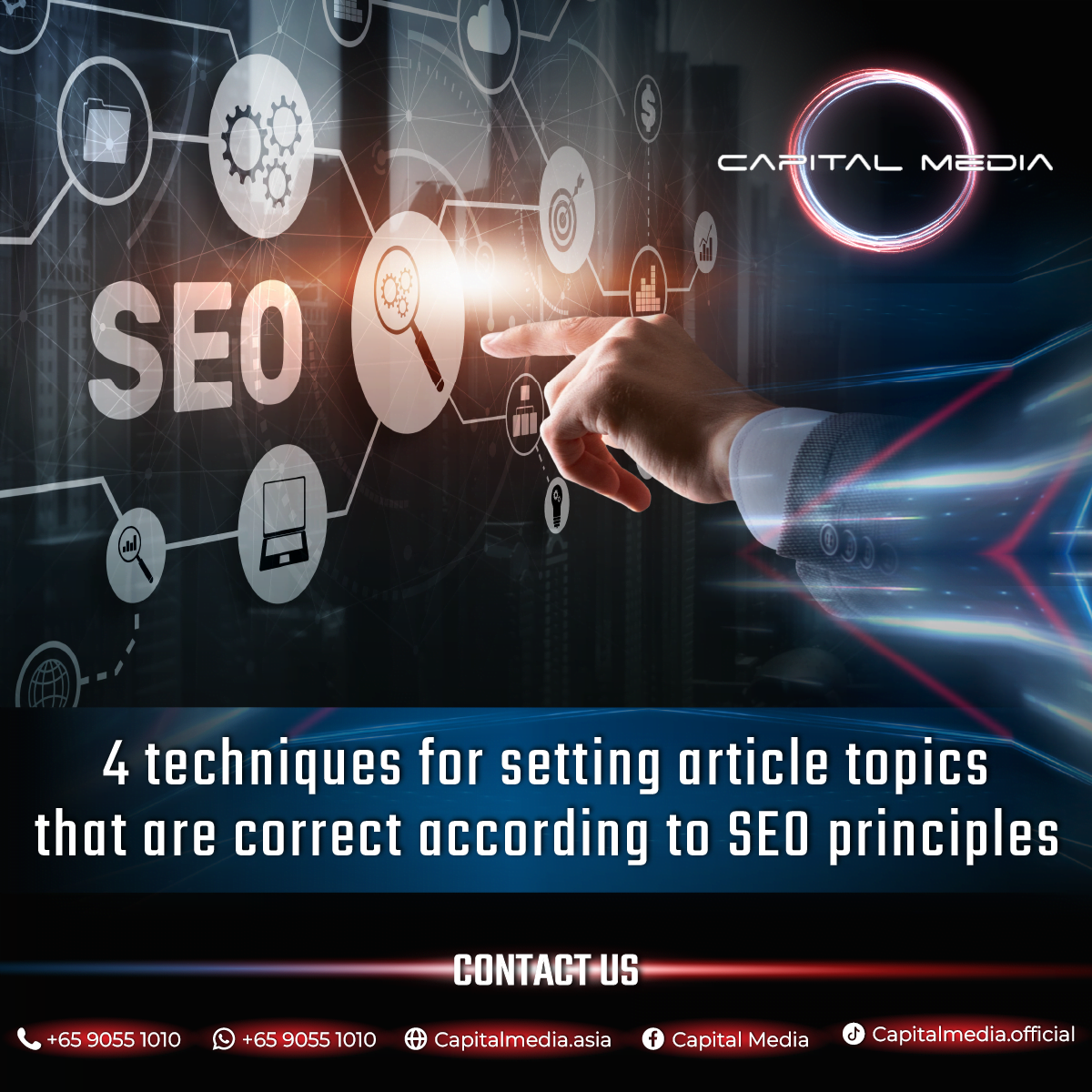WordPress is one of the most popular content management systems (CMS) in the world, powering over 40% of all websites. Whether you’re a beginner or an experienced web developer, understanding the essentials of WordPress can significantly enhance your ability to create and manage websites effectively. Here’s what you need to know about WordPress.
What is WordPress?
WordPress is an open-source CMS that allows users to create, manage, and websites design without needing extensive coding knowledge. Originally launched in 2003 as a blogging platform, it has evolved into a versatile tool for building websites of all types, from blogs and portfolios to e-commerce sites and corporate websites.
Key Features of WordPress
1. Ease of Use
One of the biggest advantages of WordPress is its user-friendly interface. The platform’s intuitive dashboard makes it easy to add new posts, pages, images, and other content. The visual editor (Gutenberg) allows users to create rich content layouts with a block-based system, simplifying the content creation process.
2. Customization with Themes
WordPress offers thousands of free and premium themes that can dramatically alter the appearance of your site. Themes are pre-designed templates that provide a consistent look and feel across all pages of your site. They can be customized further using the WordPress Customizer, which allows you to modify colors, fonts, and other design elements without needing to write code.
3. Extensive Plugin Library
Plugins are add-ons that extend the functionality of your WordPress site. With over 58,000 plugins available, you can add virtually any feature you need, such as contact forms, SEO tools, e-commerce capabilities, social media integration, and more. Popular plugins like Yoast SEO, WooCommerce, and Jetpack are widely used to enhance website performance and functionality.
4. SEO-Friendly
WordPress is designed with SEO best practices in mind. It generates clean, readable URLs, supports SEO-friendly permalink structures, and is compatible with various SEO plugins that help optimize your content. Tools like Yoast SEO and All in One SEO Pack provide detailed guidance on how to improve your site’s visibility in search engines.
5. Community Support
As an open-source platform, WordPress has a large, active community of developers, designers, and users who contribute to its development and provide support. There are numerous forums, tutorials, and documentation available to help you troubleshoot issues and learn more about using WordPress effectively.
6. Security
While WordPress is generally secure, its popularity makes it a target for hackers. Regular updates to the WordPress core, themes, and plugins are essential to maintain security. Additionally, there are several security plugins available, such as Wordfence and Sucuri, that provide extra layers of protection against malware and unauthorized access.
7. Scalability
WordPress is highly scalable and can handle anything from small personal blogs to large, high-traffic websites. By optimizing your site’s performance with caching plugins like W3 Total Cache and using a reliable hosting provider, you can ensure your site remains fast and responsive as it grows.
8. E-commerce Capabilities
With plugins like WooCommerce, WordPress can transform into a powerful e-commerce platform. WooCommerce provides all the necessary tools to manage an online store, including product listings, shopping carts, payment gateways, and order management.
Conclusion
WordPress offers a robust, flexible, and user-friendly platform for building and managing websites. Its extensive library of themes and plugins, combined with a strong community and SEO-friendly features, makes it an ideal choice for both beginners and experienced developers. Understanding these key aspects of WordPress will help you leverage its full potential to create a successful online presence.




